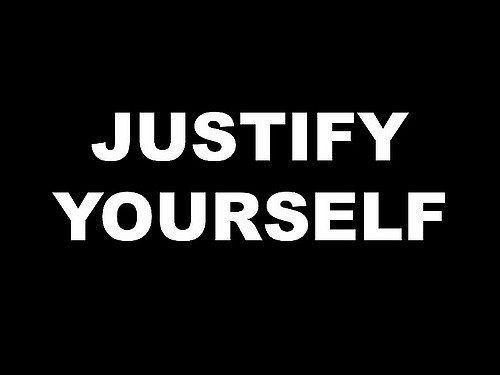“Virtue signaling” is defined in the Oxford English Dictionary as “the action or practice of publicly expressing opinions or sentiments intended to demonstrate one’s good character or the moral correctness of one’s position on a particular issue.” It has become a staple of social media, whether by an expression of indignation when “catching” someone else’s lapse in sensitivity or by an overt reference to one’s own good works.
The charge, though, of virtue signaling has become a way to discredit the virtuous ones. An article in the New York Times, ‘Virtue Signaling’ Isn’t the Problem. Not Believing One Another Is, defends the practice when it is sincere.
But the issue is not, as the article suggests, that certain displays of virtue are not sincere, that people are signaling virtues that they don’t really have, that they are just being hypocritical. I think that most virtue signaling–pointing out that I am not a racist, though you are; that I care about the environment, while it is evident that you don’t; that I support the LGBT cause, while you are a narrow-minded big–reflects positions sincerely held.
What it illustrates is the phenomenon of “self-justification.” We have a need to “justify” ourselves, to show that we are right, that we are good.
It is surely telling that in a culture that supposedly cares nothing for morality–that is relativistic, that rejects absolutes, that is amoral or flagrantly immoral–is actually full of moral indignation, righteous criticism, and virtue signaling.
Even when we are committed to something that has always traditionally been considered immoral, we can’t just do what we want anyway. We insist that it is moral. We change the paradigms and definitions so that it appears to be moral. But even then–say, in the example of homosexuality–that is not enough. We want the approval of others. The approval of society.
So it isn’t enough for homosexual behavior to be tolerated. Society must allow for homosexual marriage, so that it is exactly on a par with regular marriage. But that isn’t enough either. We must insist that everyone approve of homosexual marriage. And anyone who does not approve of it must be condemned and, preferably, punished. Those who condemned homosexuality must now be condemned themselves. Only then is the sense of justification complete.
Virtue signalers want to appear virtuous, to be considered good and to be affirmed as such by others. But often they are signaling their virtues to people whom they do not consider virtuous. Virtue signalers aren’t interested in gaining their approval. But they are also trying to gain self-approval. They need to think of themselves as virtuous.
So why is this?
It points to our primal need to be justified. And our inability to justify ourselves. We are actually not good because we fail to keep God’s Law. So we make up our own laws that are easier to fulfill. But we generally fail at those too.
This is all evidence of our need for Christ to justify us.
I am by no means saying that our petty psychological wants and needs and our desire for social approval are in any way equivalent to our standing before God as lost as condemned creatures. But our evasions and rationalizations and trivializations point to our fallen condition.
The Law destroys our every attempt at self-justification. But when that happens, we can the hear the Gospel, as God’s Word calls us to the Cross of Jesus Christ, who bears our sin and our condemnation, who thus justifies us. God declares that we are righteous because, by faith, we are united to His righteous Son. To believe, accept, and trust in Christ’s justification is to be justified by faith.
Read Living by Faith by Oswald Bayer, the contemporary German theologian. Read this post I did two years ago on self-justification.
When we live by justifying faith in Christ, we don’t have to signal our virtue, to others or to ourselves. And yet justifying faith, as we exercise it in the trials of life, bears fruit in good works, particularly as we love and serve our neighbors in our various vocations in the home, the workplace, the church, and the state.
Illustration by Andeecollard, Flickr, Creative Commons License













